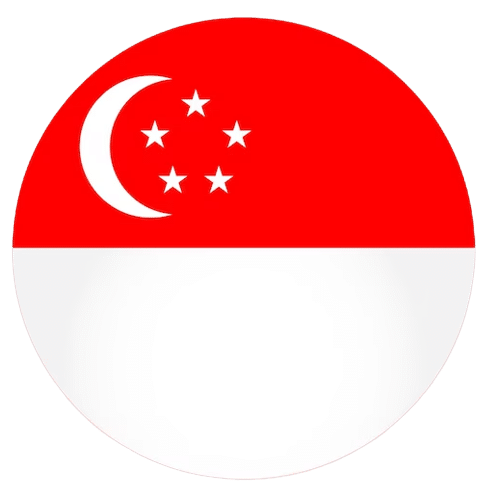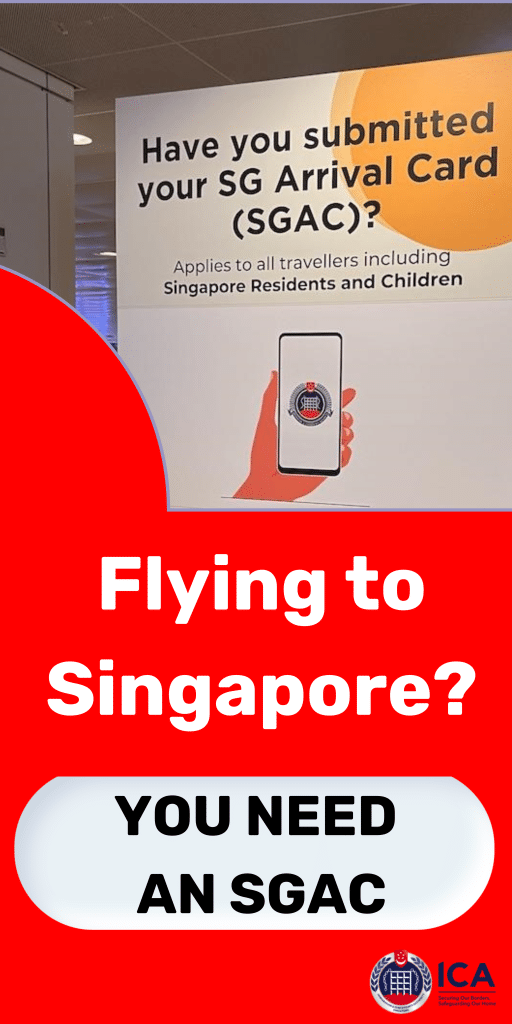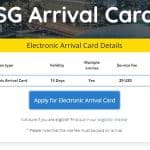Applying for a visa extension in Singapore can be a stressful process. Even if you think you’ve dotted all your i’s and crossed all your t’s, there’s still a chance your application could get rejected.
To help avoid this outcome, here are 10 common reasons why Singapore visa extensions get denied, plus tips on how to prevent them.
1. Providing Incomplete or Inaccurate Information
Providing incorrect or incomplete information on your visa extension application is one of the fastest ways to get denied. Double and triple check that all the details you provide are accurate, including:
- Your personal details like name, date of birth, nationality, etc.
- Your passport details including number, issue and expiry dates.
- Your current immigration status and previous visas for Singapore.
- Your local contact details and address in Singapore.
- Details of your financial situation including income, savings, assets, etc.
Providing false or misleading information is illegal and can get you banned from Singapore, so take extra care here.
2. Not Meeting the Financial Requirements
Most visa extensions in Singapore require you to prove you have sufficient funds to support yourself. For an Employment Pass, you’ll need to meet the minimum salary threshold. For a Dependent’s Pass, you must prove your spouse or parents can support you financially.
Carefully check the financial documents the ICA requires and make sure you meet every requirement. Missing documents or not meeting salary/savings minimums are surefire ways to get rejected.
3. Having an Adverse Immigration History
If you have any black marks on your immigration record, it can negatively impact your visa extension application. This includes:
- Overstaying a previous visa. Even accidental overstays can cause problems.
- Violating the conditions of a previous visa, like working without approval.
- Having your visa cancelled or application rejected previously.
- Deportation or entry bans from Singapore or elsewhere.
Be upfront about any past immigration problems and provide explanations to help your case. Lying will only make it worse.
4. Not Meeting the Eligibility Criteria
Every long-term visa has eligibility criteria you must meet, like:
- Being in good health.
- Having clean criminal and security records.
- Holding recognised qualifications for certain passes.
- Maintaining minimum usage of bank accounts.
Carefully study the ICA website to ensure you meet every single eligibility condition for your desired visa type. Missing even one requirement can torpedo your application.
5. Providing Insufficient Documents
A sloppy, incomplete visa application is a red flag for ICA officers. Collect the full range of required documents including:
- Application forms completed thoroughly.
- Passport biodata page and existing visas.
- Passport photos as specified.
- Educational certificates and requisite translations.
- Financial statements meeting minimums.
- Company support letters if employed.
- Marriage certificate if applying for spouse visa.
- Previous visas held for Singapore.
It’s better to provide too much documentation than too little. Use the ICA document checklists and guidelines to avoid mistakes.
6. Not Having a Valid Reason for Extension
Singapore doesn’t allow visa extensions without good reason. If you’re currently:
- Studying – Provide enrolment letters to prove you’re completing your course.
- Working – Give letters from your employer confirming continued employment.
- A trailing spouse – Show your spouse’s work pass is still valid.
Have documents to back up your rationale for needing to remain in Singapore longer. Vague, weak reasons will get rejected.
7. Changing Status Without Approval
If you want to switch from one type of visa to another, you must first get approval from ICA. For example:
- From tourist visa to student pass.
- From work permit to Employment Pass.
- From Permanent Residence to citizenship.
Sudden unauthorised status changes are red flags. Apply for change of status before your current visa expires.
8. Breaching Conditions of Current Visa
Every Singapore visa and work pass comes with strict conditions you must adhere to. Failing to do so can cause non-renewal. Avoid breaches like:
- Doing freelance work on a tourist visa.
- Having side-jobs beyond your work pass occupation.
- Not working for your approved employer.
- Studying at a non-designated institution.
Read your visa conditions carefully and follow them precisely. Breaches suggest you may flout rules on a new pass too.
9. Not Cancelling Your Previous Visa
Once approved, you must promptly cancel any previous immigration passes you hold for Singapore. Failure to notify ICA about old passes can lead to rejection of new applications.
Cancel existing S Passes, work permits, PR status and more before applying for fresh visas. Avoid accidentally holding two simultaneous passes.
10. Applying Too Early or Too Late
There are strict rules about when you can submit visa extension applications:
- Too early – ICA won’t accept applications more than 6 months before your current visa expires.
- Too late – Leaving it until the last minute looks careless. Apply at least 2 weeks before expiry.
Check your expiry date and calendar your application carefully. Extend the right duration to avoid multiple applications.
By avoiding these common pitfalls, you can massively boost your chances of a successful Singapore visa extension. Prepare thoroughly, meet every requirement, and follow proper procedures. Stay on top of your immigration status and paperwork. With prudence and patience, you’ll be continuing your Singapore adventure in no time!
References
Singapore Immigration & Checkpoints Authority. “Extending Your Stay.” Accessed October 15, 2023. https://www.ica.gov.sg/extend
Singapore Government. “Ineligibilities for Visa or Extension of Stay.” Accessed October 15, 2023. https://www.gov.sg/article/ineligibilities-for-visa-or-extension-of-stay
Ministry of Manpower Singapore. “Types of Work Passes.” Accessed October 15, 2023. http://www.mom.gov.sg/passes-and-permits

Goh Jun Cheng is the chief staff writer for SingaporeAirport.com. Jun Cheng graduated with a degree in journalism from Nanyang Technological University in Singapore.
He has over 5 years of experience writing about aviation, tourism, and lifestyle topics relevant to locals and visitors in Singapore. His articles provide insights into the rich culture, cuisine, and attractions of Singapore. Jun Cheng is an avid traveler who has visited over 15 countries.
When he is not writing or traveling, he enjoys photography, trying new foods, and hiking. As a longtime Singapore resident, Jun Cheng is passionate about sharing hidden gems and perspectives about his home country.




